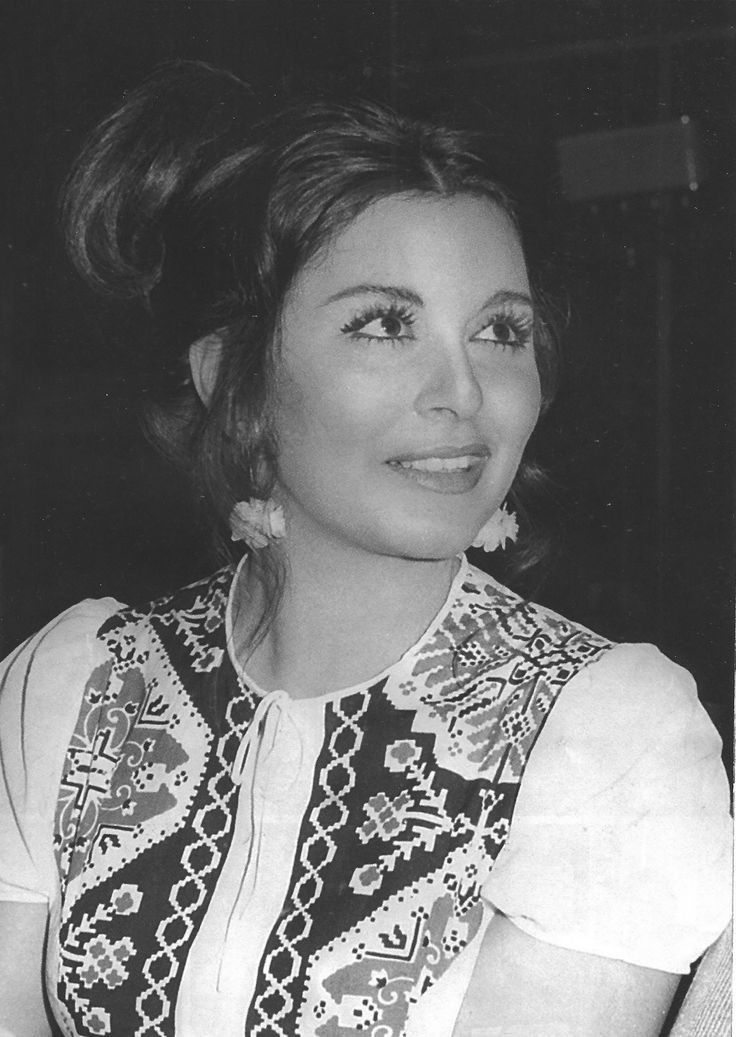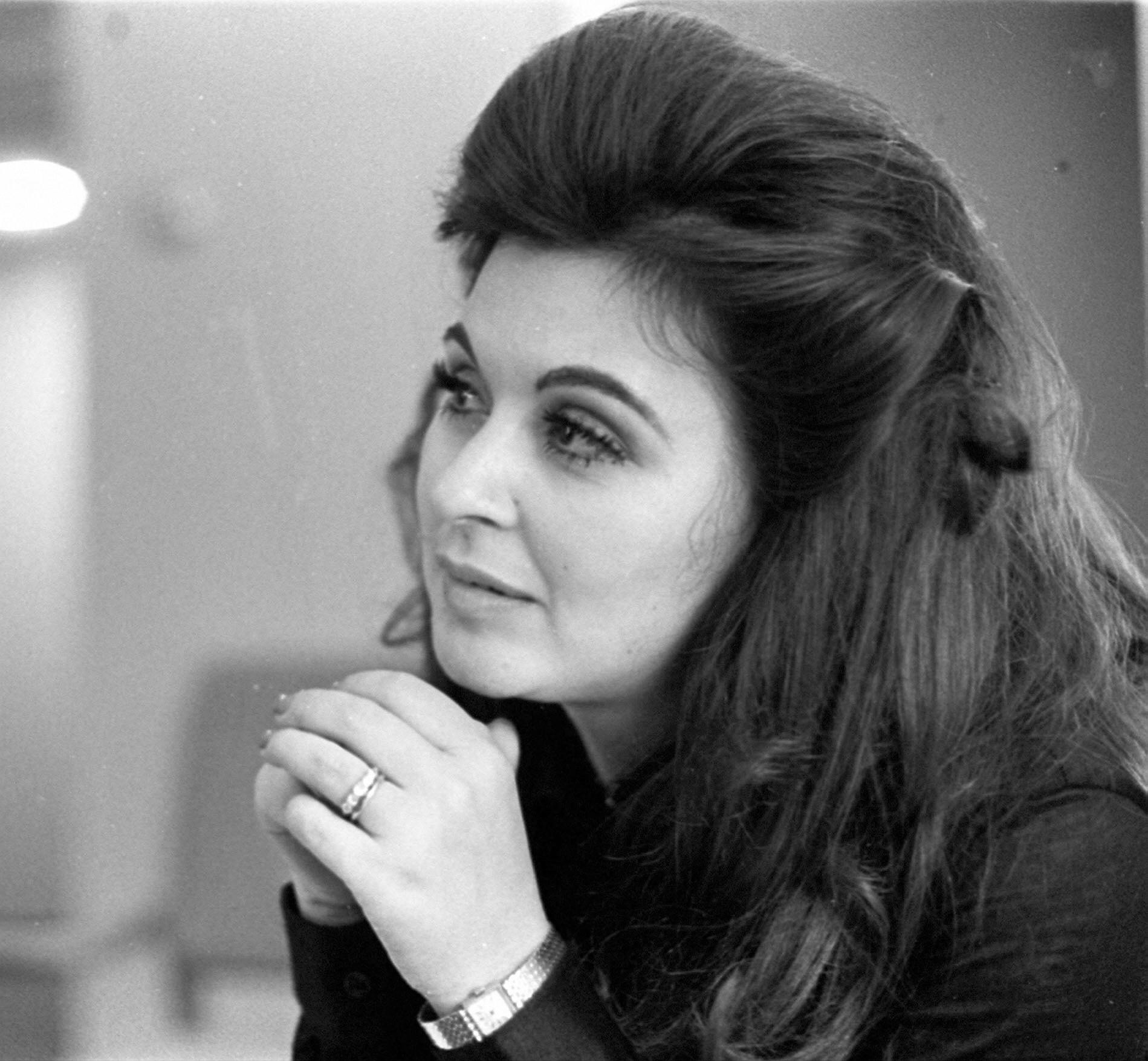Image via Wikipedia
Soad Hosny, affectionately known as the "Cinderella of Egyptian cinema," remains one of the most beloved and iconic figures in the Arab world. Her legacy as a talented actress, a symbol of beauty, and a voice for a generation continues to live on decades after her tragic passing in 2001. With a career spanning over three decades and more than 80 films, Soad Hosny left an indelible mark on Egyptian and Arab cinema.
Born in Cairo in 1943, Soad entered the entertainment industry at a young age. Her breakout role came in the 1959 musical Hassan and Naima, a modern Egyptian adaptation of Romeo and Juliet. From that point on, she captivated audiences with her charm, expressive eyes, and magnetic screen presence. Unlike many actresses of her time, Soad managed to blend innocence with strength, effortlessly shifting between comedy, drama, and romance.

Image via Pinterest
Her collaborations with legendary directors like Salah Abu Seif and Youssef Chahine showcased her acting range and depth. In Al Karnak (1975), she gave a haunting performance as a student tortured by a corrupt regime, reflecting the political anxieties of the time. Meanwhile, in light-hearted roles such as in Khaly Balak men ZouZou (1972), she enchanted audiences with her vivacious energy and dancing talent.
But Soad Hosny was more than just an actress. She was a cultural phenomenon, a fashion trendsetter, and a voice for women's aspirations in a changing society. Her roles often portrayed strong, independent women navigating love, work, and identity in a modernising Egypt.
Despite her stardom, her life was marked by personal struggles, including health issues and a mysterious death in London that continues to spark debate. Yet, these shadows never eclipsed her brilliance.
Today, Soad Hosny is remembered not only for her beauty and talent but for her ability to reflect the soul of her nation on screen. She remains a timeless figure—an artist who touched hearts and helped shape the golden age of Egyptian cinema.





